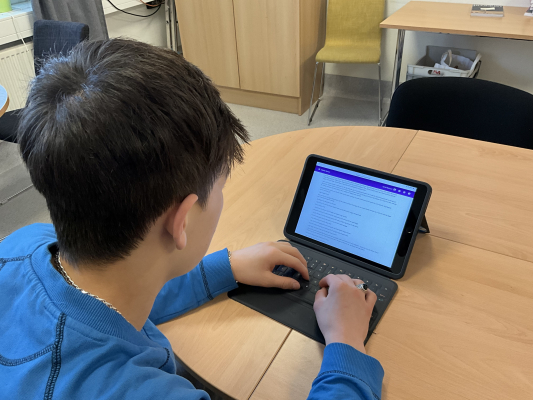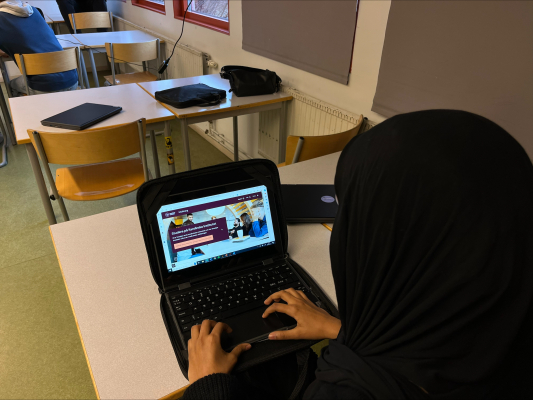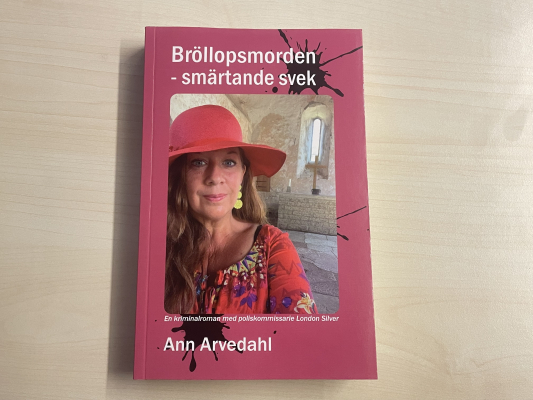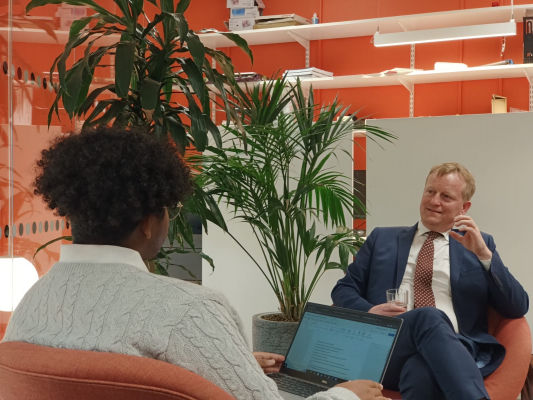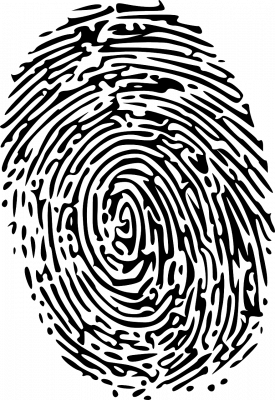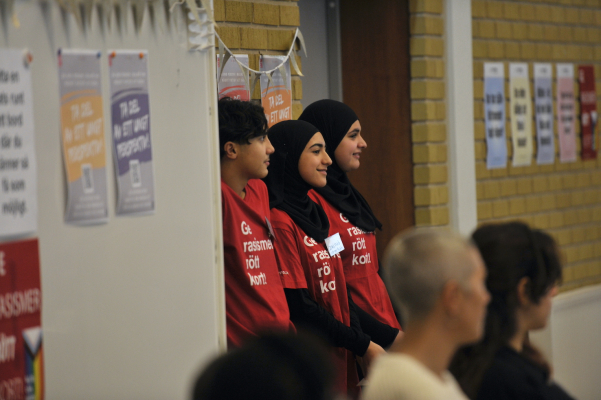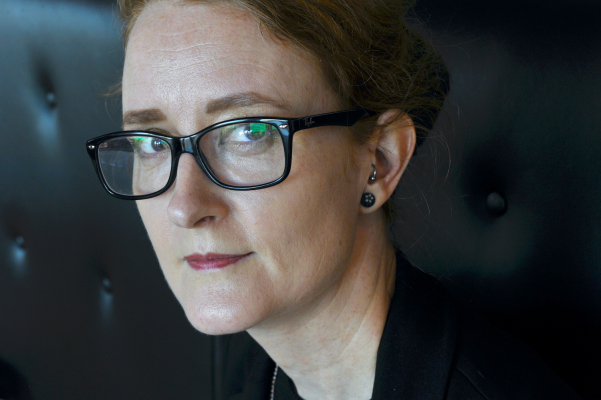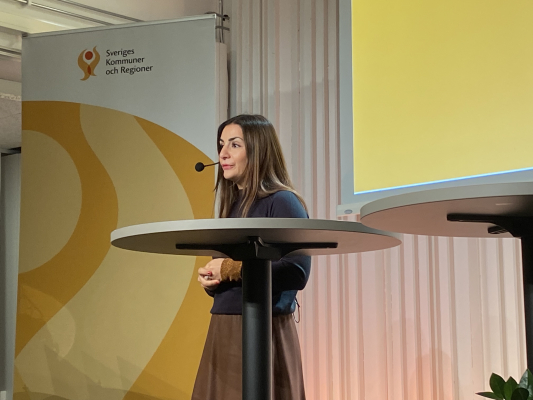Media literacy
Av GRILLSKA GYMNASIET STOCKHOLM
Publicerad 2021-03-08 10:30
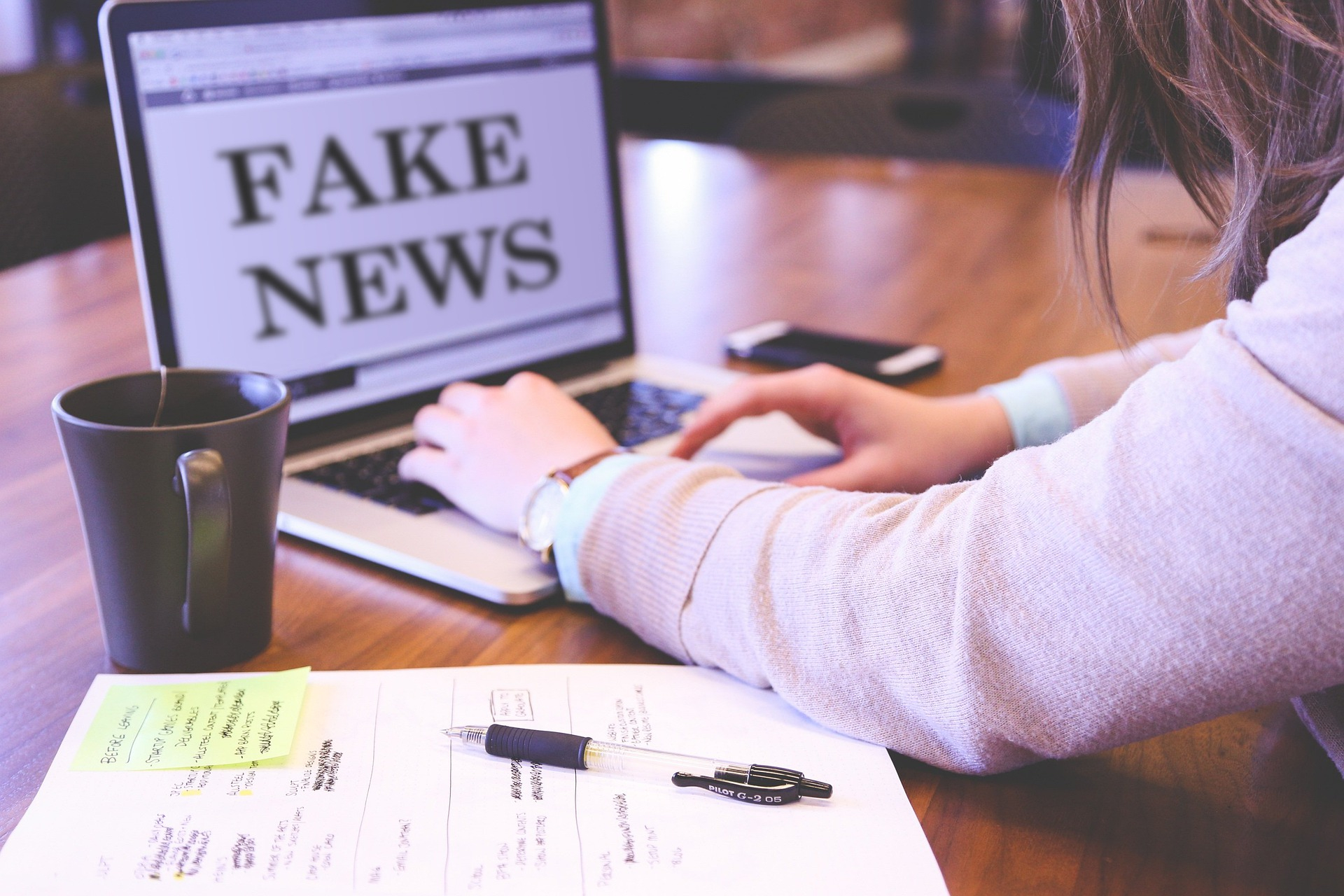
Over the past century, we could witness the rapid development of technology, which has gradually changed and facilitated our lives. One of the technological innovations that has become permanently embedded in our lives is the Internet, and the most significant change it has brought upon us is definitely the way we communicate and the way we access information. Many could claim that the Internet is a blessing, providing us with unlimited access to information at any time, and any place, however, it is easy to observe that the same technology could pose some threats too. The misinformation, fake news, and conspiracy theories spread on the Internet can distort our view of the world and lead to dire consequences.
While there is no doubt about numerous advantages of using the Internet, there are obvious downsides too. The Internet and especially social media have recently become a breeding ground for all kinds of misinformation. Since anyone who has access to the Internet can become a publisher, there is a high risk that the information that you are reading online might be incorrect. Moreover, it is not only the text which might be misleading, but the photos might be fake too. Even the video and sound might be manipulated to make you believe in something that is actually not true. It is becoming more prevalent over the recent period of time that people start believing fake information, conspiracy theories and base their decisions on fallacious arguments. It can all lead to dire consequences, that can affect your life, your health, and even society or your country (if you take voting or election into account).
That's why media literacy is so crucial today - the ability to distinguish the true facts from fiction, and deep fake videos from the real ones. You are maybe wondering after reading the introduction how can you become more media literate, so here are some handy tips from our data class on how you can determine whether what you see online is true or not:
1. Always check the sources - check who is the publisher and if the website belongs to any organization. The information published might be biased if the organization is trying to push a certain agenda. For instance, if you are reading about vaccines on the Anti-vaxx website or the one belonging to an Anti-vaxx organization, you can assume that the information might be inaccurate.
2. Do your own research - check if other websites are sharing the same information or if it is only posted on social media. If other media outlets have reported the same story, there's a higher chance that the information is true.
3. Trust your gut - often your common sense can help you decide whether the information you're seeing is true or if it seems too fishy to be true. Use your analytical skills too, to examine if the information published might be a satire or a joke.
4. Don't fall for clickbait - don't just read the headline but take your time to read the whole text.
5. Check the quality of the photo and video - To determine whether the photo you're looking at is manipulated, check if it is blurry or if any object on the picture looks artificial or has a weird light and shadow pattern. You can even do the reverse image search to see where the photo was used originally. The same goes for the video - if any part of it is blurry, pixelated, or distorted in any way, there's a risk it might be a deepfake. Examine the video closely to see if there's anything you recognize that can prove the legitimacy of it. As with any other information, check if the video was posted on other media as well.
Källor: (1) Fake news
Dela
|
17 mar Elevartikel |
|
14 mar Elevartikel |
|
14 mar Elevartikel |
|
01 mar Elevartikel |
|
01 mar Elevartikel |
|
01 mar Elevartikel |
|
23 feb Elevartikel |
|
23 feb Elevartikel |
|
23 feb Elevartikel |
|
23 feb Elevartikel |
|
23 feb Elevartikel |
|
13 feb Elevartikel |
|
30 jan Elevartikel |
|
29 jan Elevartikel |
|
29 jan Elevartikel |
|
22 jan Elevartikel |
|
11 jan Elevartikel |
|
11 jan Elevartikel |
|
25 dec Elevartikel |
|
19 dec Elevartikel |
|
23 nov Professional |
|
15 mar Professional |
|
14 mar Professional |
|
06 feb Professional |
|
04 dec Professional |
|
14 apr Professional |
|
13 apr Professional |
|
12 apr Professional |
|
11 apr Professional |









